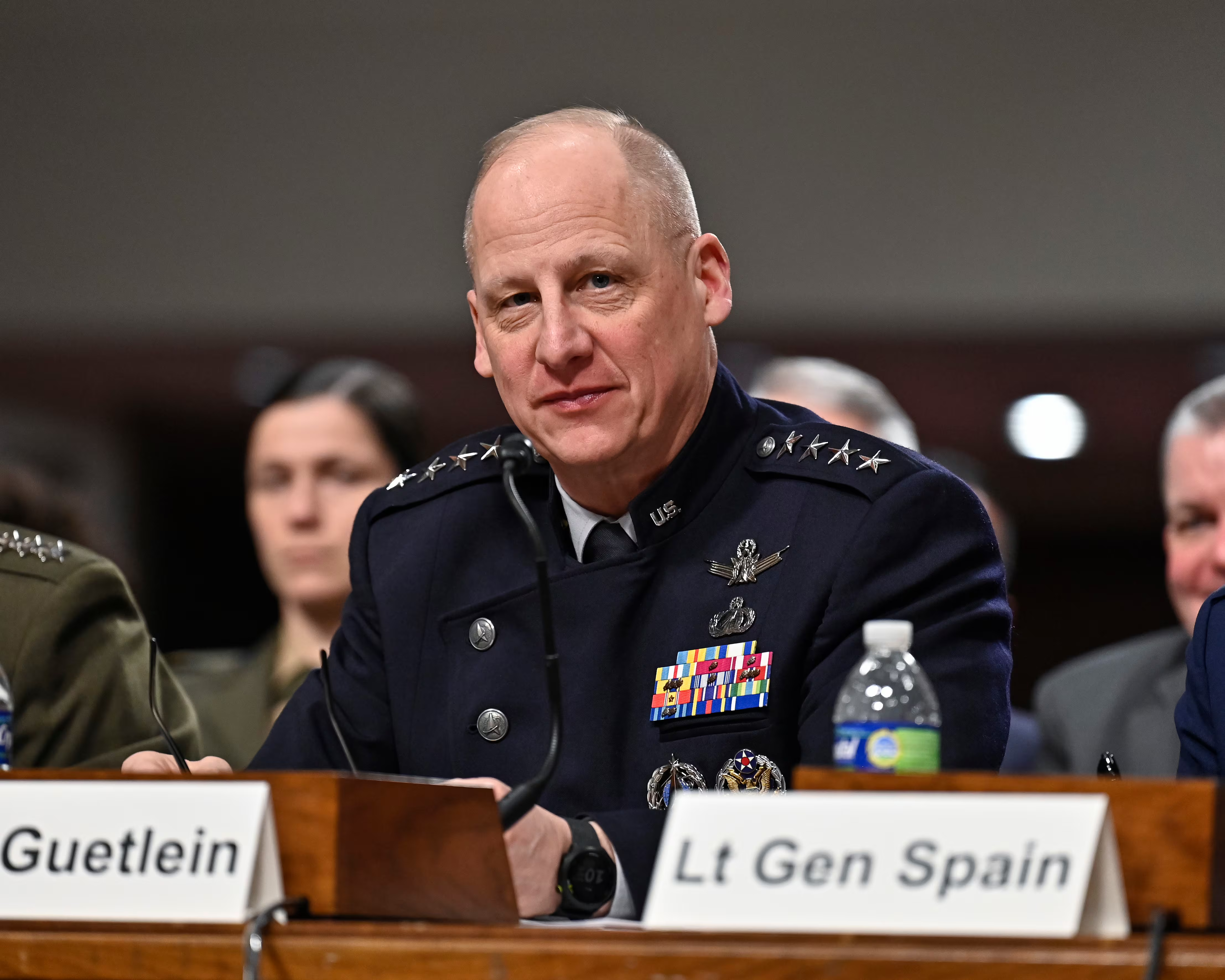NEW DELHI — A policy move being considered by the Indian Ministry of Defence could help overseas defense companies meet their offset obligations and close defense contracts being held up by uncompleted offset documents, an MoD source said.
An internal MoD committee has recommend that defense contracts not be delayed merely on grounds of incomplete offset documents if the company is working undertakes to fulfill the offset obligations during the execution of the defense project.
The recommendation is likely to be accepted and a policy change to this effect could be announced by the MoD within a month, the MoD source said.
Overseas defense companies are required to discharge offsets of at least a minimum of 30 percent of the total value of the defense contract. These obligations can be fulfilled either through transfer of technology, direct purchase of components and systems from the defense industry, or by creating specific manufacturing facilities and investing in skill development and training.
Overseas companies find it difficult to find Indian entities with which whom they can tie up to meet the offset obligations, delaying finalization of the defense contracts.
Among the major defense contracts that have been held back because of incomplete offset documents is include the purchase of 145 M-777 light howitzers from the US subsidiary of BAE Systems, the MoD source said. If enacted, the new policy change would help clear the clearance of a more than $600 million deal from the subsidiary.
"The overseas defense companies are finding it difficult to close their offset fulfillment obligations and put up necessary documentations because they find it difficult to identify the companies from whom they can buy systems and components to meet offset obligations," an executive of a foreign defense company operating in India said.
"The Indian defense industry is still in its early stage of maturity and not many companies can produce quality goods which can be bought by the overseas companies," the executive said.
Overseas defense companies struggling to execute the offsets have had to pay fines, the MoD source said.
Between 2008 and 2014, overseas companies have been able to fulfill only half of the $1.3 billion worth of offset obligations, the source added.
Ankur Gupta , defense analyst with Ernest & Young India, agreed that fulfilling offsets is challenging.
"Under the present conditions, it is very challenging," Gupta said. "The Defense Management Offset Management Wing [DOMW], the organization responsible for management of offsets, wants the most intricate project details upfront from the original equipment manufacturer. In almost all cases this is not possible as the offset work is easily five to seven 5-7 years from starting, and once it starts, it will continue for another five to seven5-7 years. Thus, to give all details almost 12-15 years prior is not possible."
While the mandatory offset obligations equal at least 30 percent of the total contract value, sometimes, as in the case of the Medium Multirole Combat Aircraft (MMRCA) deal, the offset obligations are pegged up to 50 percent of the total contract. This would mean around $10 billion assuming the total contract of the MMRCA deal to be about $20 billion.
Meeting a $10 billion obligation in just one contract could in fact be a very difficult task, the executive of the overseas company said.
Relaxation of the offset policy could help the original equipment manufacturers by easing delayed defense contracts, but these policy changes would not guarantee that offsets would be met more easily, by overseas say defense analysts said.
"The laws of the land are quite clear and simple in such matters; the Defense Procurement Procedures and India's central bank Reserve Bank of India (RBI) rules are foremost and the DOMW should just acquaint itself with them and only ask for that documentation instead of everything else under the sun," Gupta said. "The current offset policy is simple, transparent and has evolved over time. What is lacking is the accountability in its implementation and this cannot be solved by simply revising the policy yet again."
Email: vraghuvanshi@defensenews.com
Vivek Raghuvanshi is the India correspondent for Defense News.








